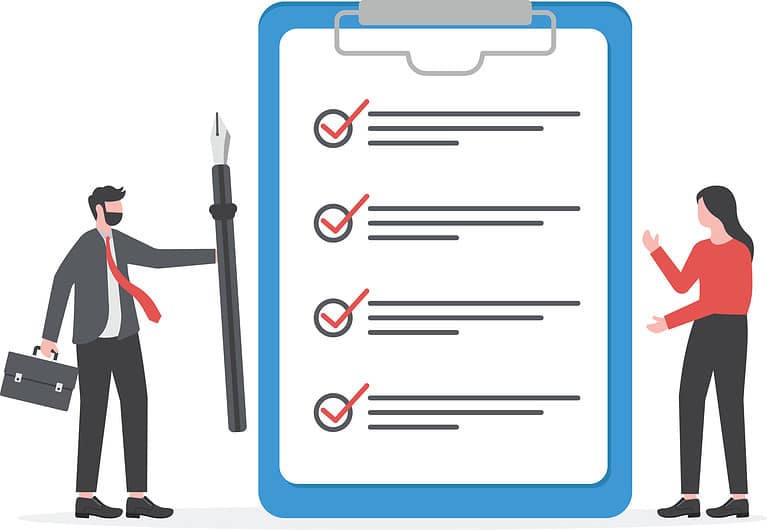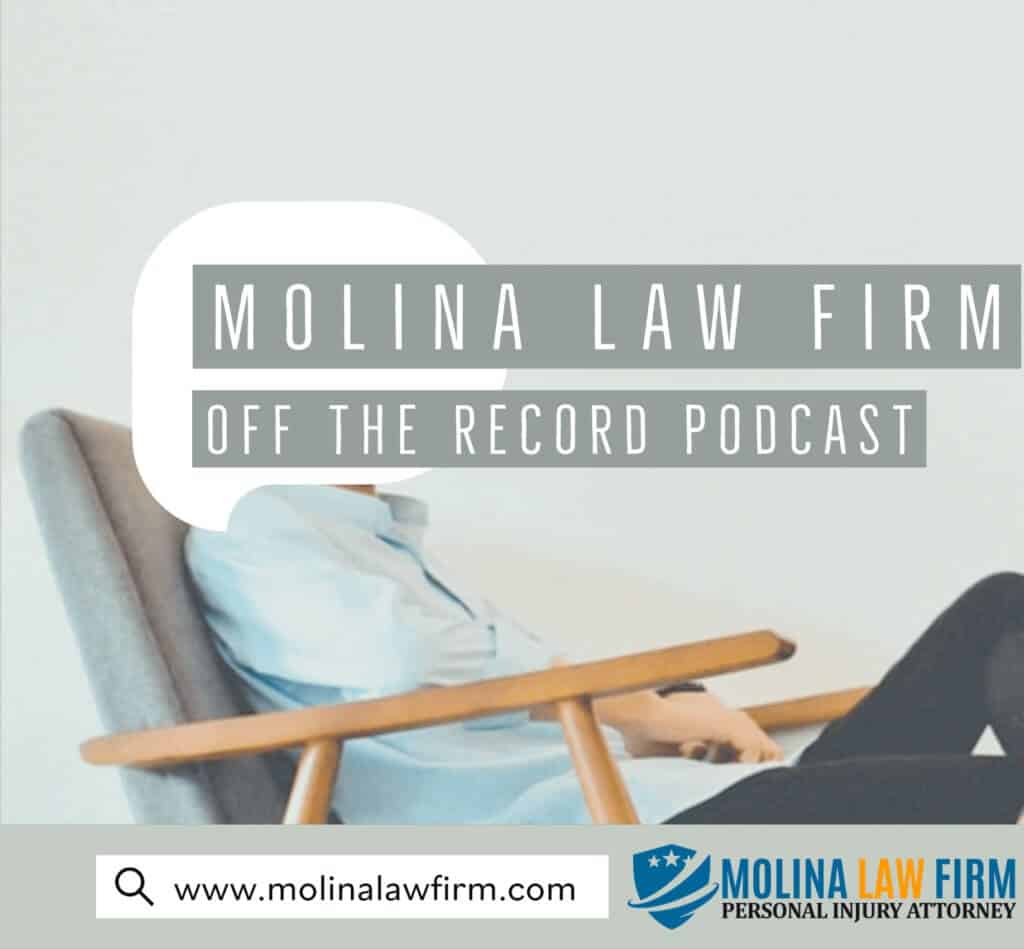
Every year, thousands of car accidents occur in Houston, Texas. For most people, this will be their first auto accident. Many people will not know what to do after a Houston car accident. Whether it’s a minor fender bender or a more serious collision, the actions you take in the moments after an accident could affect your ability to recover damages for your injuries. Understanding these 7 tips on what to do after a Houston car accident is not just about legal compliance; it’s about ensuring your safety, protecting your rights, and preparing for the potential complexities of insurance claims and legal proceedings.
Attorney Rick Molina Personal Injury Lawyer and Molina Law Firm understand the challenges faced by those affected by Houston car accidents. Our team of qualified legal professionals has the expertise to build a strong case and pursue compensation for the physical, emotional, and financial damages resulting from such accidents.
Table of Contents
Tip #1: What To Do After A Houston Car Accident? Safety and 911
A. Ensuring Safety
The moments following a car accident can be chaotic and confusing. If you find yourself not knowing what to do after a Houston car accident, then call Molina Law Firm at (281) 922-4300. Your first priority should always be safety—for yourself, your passengers, and other parties involved in the accident.
- Check for Injuries: Immediately assess if you or any passengers are injured. Do not attempt to move if you suspect serious injuries.
- Move to a Safe Location: If the accident is minor and there are no serious injuries, move vehicles to the side of the road, away from traffic. Turn on your hazard lights to alert other drivers.
- Prevent Further Accidents: Set up flares or keep your lights on to warn other drivers of the accident site.
B. Calling 911
Regardless of the accident’s severity, call 911. This ensures that you get the necessary medical attention and that the accident is officially documented.
- When to Call: Always call 911 if there are injuries or significant vehicle damage. Texas law requires reporting accidents resulting in injury, death, or significant property damage.
- What to Say: Provide your location, the condition of the accident participants, and any immediate dangers (like a fire or leaking gas).
Tip #2: Gathering Evidence at the Scene
Collecting evidence at the scene is important for insurance claims and potential legal actions.
A. Documentation
- Take Photos and Videos: Document the vehicles’ positions, damage to all vehicles involved, any visible injuries, and road conditions.
- Witnesses: If there are witnesses, get their contact information. Their accounts can be invaluable later.
B. Exchange Information
Exchange the following information with the other driver(s):
- Names and contact information
- Vehicle descriptions (make, model, year)
- License plate numbers
- Insurance companies and policy numbers
- Driver’s license numbers
Tip #3: Medical Attention
A. Seeking Immediate Care
Even if you feel fine, adrenaline can mask pain and injuries. It’s essential to seek medical attention immediately after an accident.
- Visit an Emergency Room or Urgent Care: Explain that you’ve been in a car accident. Allow professionals to assess your condition.
- Follow Up: Sometimes, injuries or pain appear days after the accident. Follow up with your healthcare provider if you experience any delayed symptoms.
B. Documenting Injuries
Keep a detailed record of all medical treatments, diagnoses, and recommendations. This documentation is crucial for insurance claims and potential legal action. Also, be sure to take pictures that document injuries.
Tip #4: Dealing with Insurance
A. Notification
Notify your insurance company about the accident as soon as possible. Be prepared to provide details about the accident and the evidence you’ve collected.
- Be Honest but Cautious: Provide factual information without admitting fault or speculating about the accident’s cause.
- Understand Your Policy: Review your insurance policy to understand your coverage. This knowledge will be crucial in discussions with insurance adjusters.
B. Understanding Your Coverage
Understanding the specifics of your insurance coverage can significantly impact the recovery of an accident. Know the details of your policy, including deductibles, coverage limits, and the process for filing a claim.
Tip #5: Legal Considerations
A. When to Call a Car Accident Lawyer
In many cases, consulting with a car accident lawyer can be beneficial. This is especially true if:
- The accident resulted in serious injuries or fatalities.
- There is a dispute about who is at fault.
- The insurance company’s settlement offer seems too low or has been denied.
A qualified lawyer can offer advice, represent your interests, and help navigate the complexities of legal claims.
B. Legal Process for Car Accidents in Texas
Texas law includes specific statutes related to car accidents, including fault determination and compensation. Understanding these laws can be complex, making legal counsel invaluable. Call Molina Law Firm at (281) 922-4300.
- Texas is a “Fault” State: This means that the person at fault for the accident is responsible for any resulting harm. This system affects how insurance claims are filed and how damages are awarded.
Tip #6: Preventative Measures for the Future
A. Safe Driving Practices
Adopting safe driving practices can significantly reduce the risk of future accidents. This includes defensive driving, regular vehicle maintenance, and avoiding distractions while driving.
B. Insurance Review
Regularly reviewing and adjusting your car insurance coverage ensures that you’re adequately protected. Consider factors like the value of your vehicle, your driving habits, and any changes in your personal circumstances.
Tip #7: Call an Experienced Car Accident Lawyer
If you’ve been involved in a car accident in Houston, contact the Houston car accident law firm of Attorney Rick Molina Personal Injury Lawyers to discuss your case and explore your options by caling (281) 922-4300.


